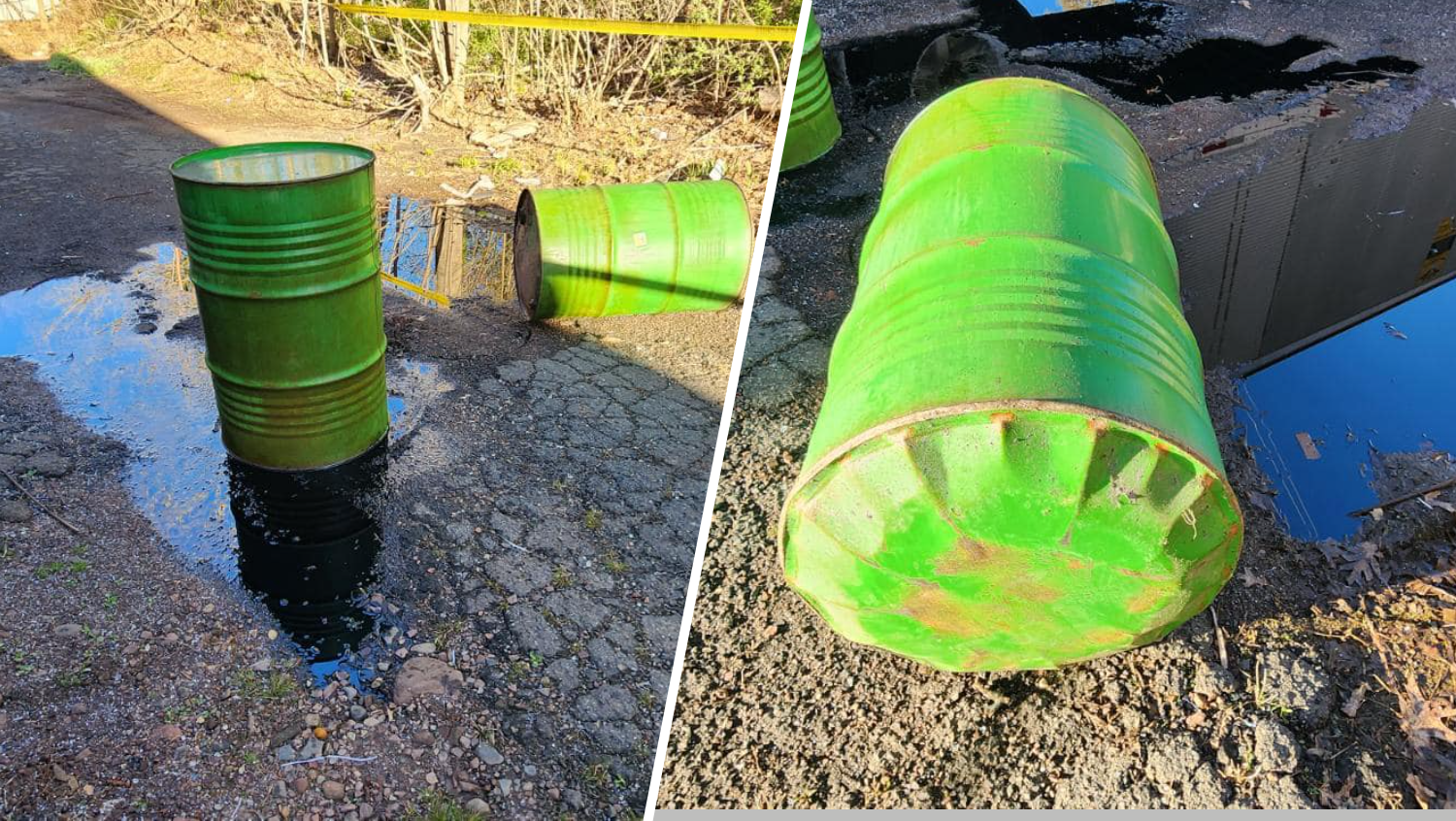The U.S. Food and Drug Administration (FDA) put out a warning about the Janssen (Johnson & Johnson) COVID-19 vaccine after about 100 cases of a nerve condition were identified in people two weeks after inoculation.
The nerve condition is called Guillain-Barre Syndrome or GBS. The body’s immune system damages nerve cells, causing muscle weakness or paralysis in the most severe cases. Most of the cases were in men, over the age of 50, and one person died.
Doctors in Connecticut said they know how to treat GBS.
“Guillain-Barre Syndrome is something that most neurologists are extremely comfortable and familiar with,” Dr. Sharon Stoll, a neurologist with Yale Medicine, said.
Get Connecticut local news, weather forecasts and entertainment stories to your inbox. Sign up for NBC Connecticut newsletters.
“In many patients it's a temporary condition. There are treatments that can be given in a hospital, so it's important if you're developing weakness to seek medical attention and let people know that you got a vaccine recently,” said Dr. Virginia Bieluch, the chief of infectious diseases at The Hospital of Central Connecticut.
On Tuesday, the Department of Public Health, in partnership with Griffin Health, offered the Johnson & Johnson vaccine, as well as the Pfizer vaccine, at the ConnectiCare office in Manchester. They had 18 appointments scheduled, most being people getting their second dose of the Pfizer vaccine.
Shawn Smith was one of them and said even before knowing about the risk for GBS he still was not interested in getting the J&J shot.
Local
“Johnson and Johnson had more side effects,” the Manchester resident said.
News of the nerve condition had other people reflecting on their own concerns of getting vaccinated. But ultimately, they decided to go through with it.
“The whole getting vaccinated was little scary just because it’s so new and hasn’t been approved right by the FDA. But I still thought it was important. I’m a teacher, so I need to make sure I’m safe and that I keep my family safe,” said Taryn Lavoie, of Tolland.
Being a teacher, Lavoie was offered the J&J shot pretty quickly after it received emergency use authorization from the FDA, but she decided to get Pfizer.
“I didn’t want to be the first group to get it. I wanted people to get it before me so I could see the side effects if there were any,” said Lavoie.
While Tom Larson decided to get Pfizer, despite having lingering concerns.
“I think Pfizer just said we do need a booster. The FDA said we don’t. So there’s just too much confusion and the other part of the problem is the way they’re selling it,” said Tom Larson, of South Dakota. “Stop trying to ram it down people’s throats. Stop trying to bribe people. It just seems they’re too intent on selling this thing rather than let it run it’s natural course and let people get comfortable with it.”
Doctors in Connecticut said other vaccines, including the flu shot, can cause a similar syndrome, as can certain infections including COVID itself. So, doctors are still advising people to get vaccinated.
“I would like to emphasize again that the risk of COVID far outweighs these risks associated with vaccination,” said Bieluch.



